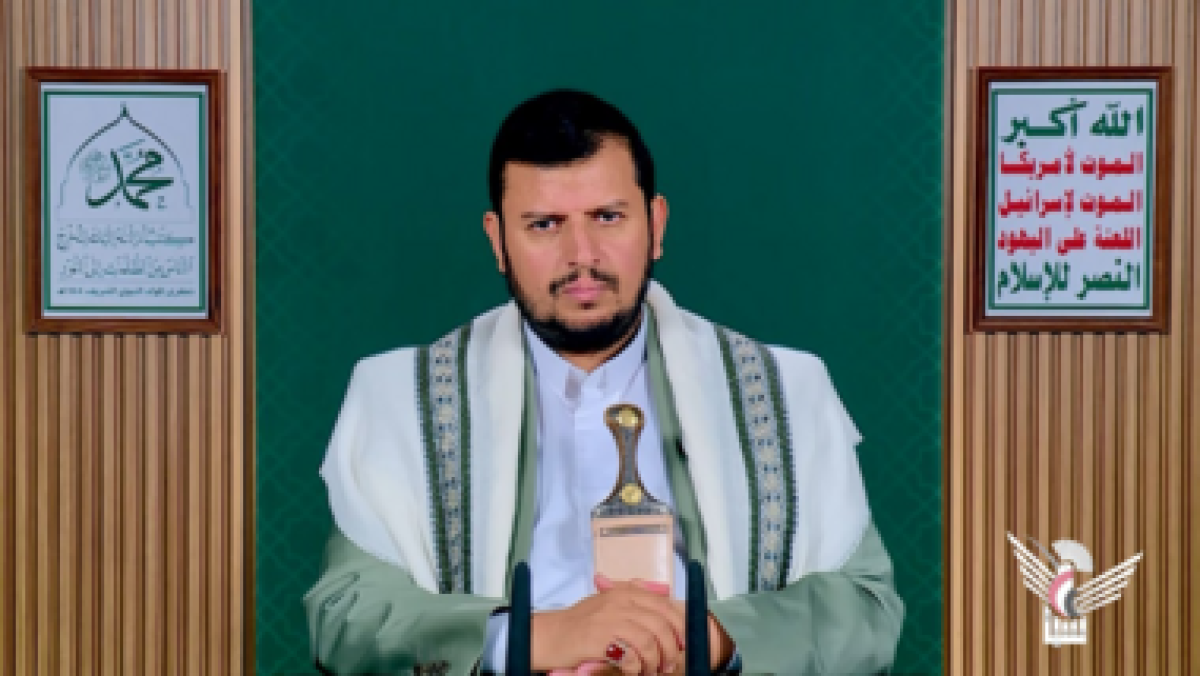The “Houthi” monopolizes power completely in Sana’a and announces the overthrow of the Habtoor government


The leader of the armed Houthi group, Abdul-Malik al-Houthi, announced on Wednesday what he called the first stage of radical change, represented by the formation of a new government that does not include his partners and allies from the Congress Party (Sanaa wing).
Al-Houthi said to a gathering of his supporters at a religious event in Sanaa, “The first stage of radical change includes modernizing the bloated structure, changing obstructive mechanisms and procedures, and correcting policies in accordance with the rules of religious identity (which is a systematic, intellectual vision centered around the group’s right to rule).”
He added, “The first phase also includes working to correct the situation of the judiciary, address its imbalances, and open an effective path to complete the outstanding cases.”
With this announcement, the Houthis end what remains of the sham partnership of the Congress Party, which was headed by former Yemeni President Saleh, who was allied with the armed group in overthrowing state institutions, September 21, 2014, before he was killed by them.
The Congress Party in Sanaa had expressed its prior reservations about the changes announced by the Houthis and affirmed its adherence to the goals of the September 26 Revolution, which is the revolution that took place against the Imamate system in northern Yemen, and the Houthis are trying to restore it today by excluding all republican entities, even if they are allied. With the group.
The Congress Party, the wing led by Sadiq Amin Abu Ras in Sanaa, said in a statement on the occasion of the 61st anniversary of the September Revolution, “Any transformation or change must be linked, launched, and derive its project, values, and principles from the six goals of the September 26 Revolution and its national values and ideals, which were and will remain a ray of light.” The light and enlightenment that we must be guided by in all stages of the transformations that Yemen and the Yemenis are going through.
On November 8, 2016, the Houthis and their allies from the General People’s Congress Party, led by the former Yemeni president, announced the formation of a “national salvation government,” but it did not receive any international recognition, and continued to rule what was under the control of the armed group.